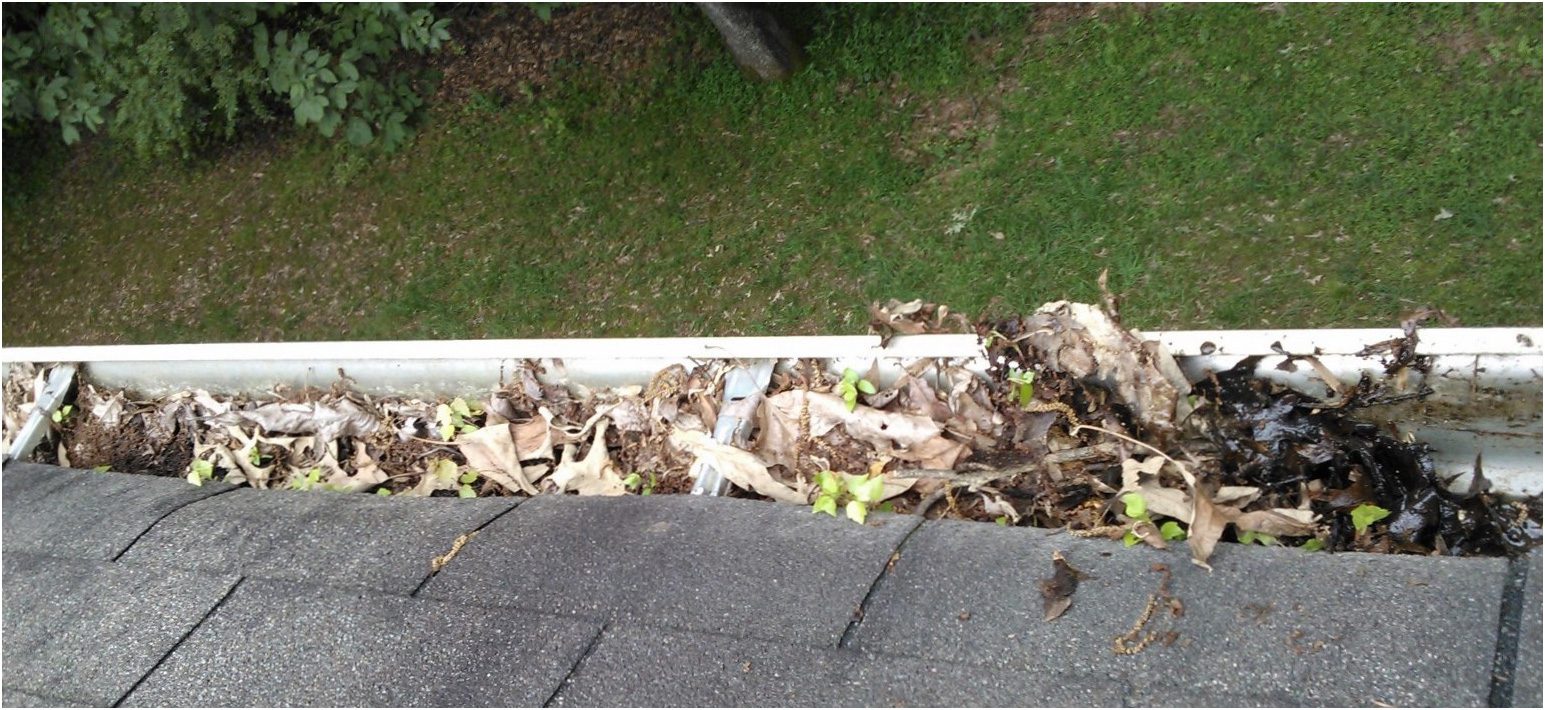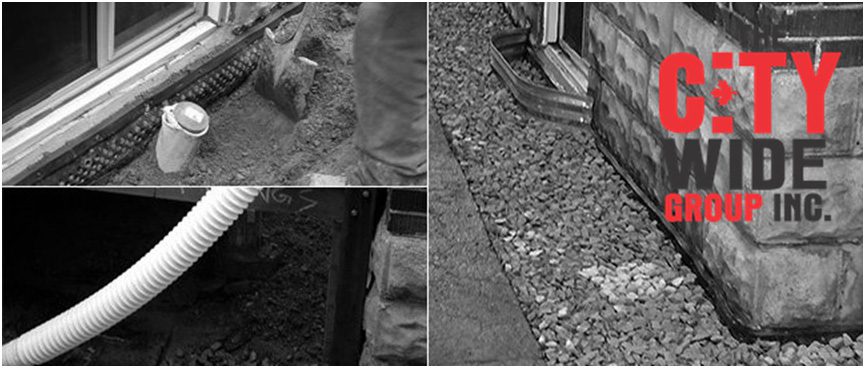If you’ve experienced a wet basement in the past, then you know the expensive costs that come with making the necessary repairs. Although the drywall and carpet can be replaced, it’s the destruction of our valuables that makes it sting.
There are several reasons why your basement flooded and can be due to a combination of factors such as a blocked weeping tile or poor construction of the home’s foundation. Whatever the cause, the result is the same. To provide you with a better understanding of why you’ve experienced a wet basement, whether it’s the first time or battling a reoccurring issue, here are the culprits:
1. Foundation Cracks
In most cases, a flooded basement is caused by movement of the home’s foundation which then cracks under the added pressure. There are several causes for why a foundation cracks, however, the most common cause is irregular levels of groundwater in the soil. Soil that goes through dry and flooded cycles will cause the foundation wall to expand and contract over time; it may even shift inward which can lead to your home’s structural integrity becoming compromised. The only way to prevent future floods, in this case, is through exterior basement waterproofing with the installation of a Bituthene membrane along the entire foundation wall.
2. Blocked Weeping Tile
The staple of a home’s waterproofing measures is the weeping tile. It’s a perforated pipe that transports water away from the home. The weeping tile can become blocked if the roots of trees located near the home start to pierce the pipe which can cause a block, leading water to flow back through toilets or seeping through the walls. A weeping tile can also be blocked if paper towels or solid objects like a child’s toy is flushed down the toilet.
3. Poor Construction
If you have an older home, whether it be from the 1960s or 1860s, the basement waterproofing quality is most likely below modern standards. The low quality construction is in the improper pouring of the foundation, the lack of membrane and not paying consideration to the type of soil the home is being built on.
4. Blocked Gutter
One of the few reasons many homeowners would suspect is a blocked gutter. Leaves, branches and debris accumulate in the eaves rough over the year which can cause water to run along the exterior wall of your home. If there are already cracks in your foundation, then you risk a flood from water pooling along the side of your home, then seeping through the cracks in the form of groundwater. Also, ensure the downspout is facing away from the home and not towards it.

5. Windows
Windows below grade are prone to leaking if they are not properly installed or caulked for regular maintenance. Inspect your basement windows before the start of spring for any cracks or damage to avoid a wet basement come spring. Window sills can shift because of the foundation expanding and contracting in soil with irregular moisture levels.
If your home is in need of waterproofing, City Wide Group is here to help with professional and timely service. Call us today at 416-283-5500 for a free estimate, or visit us online.










